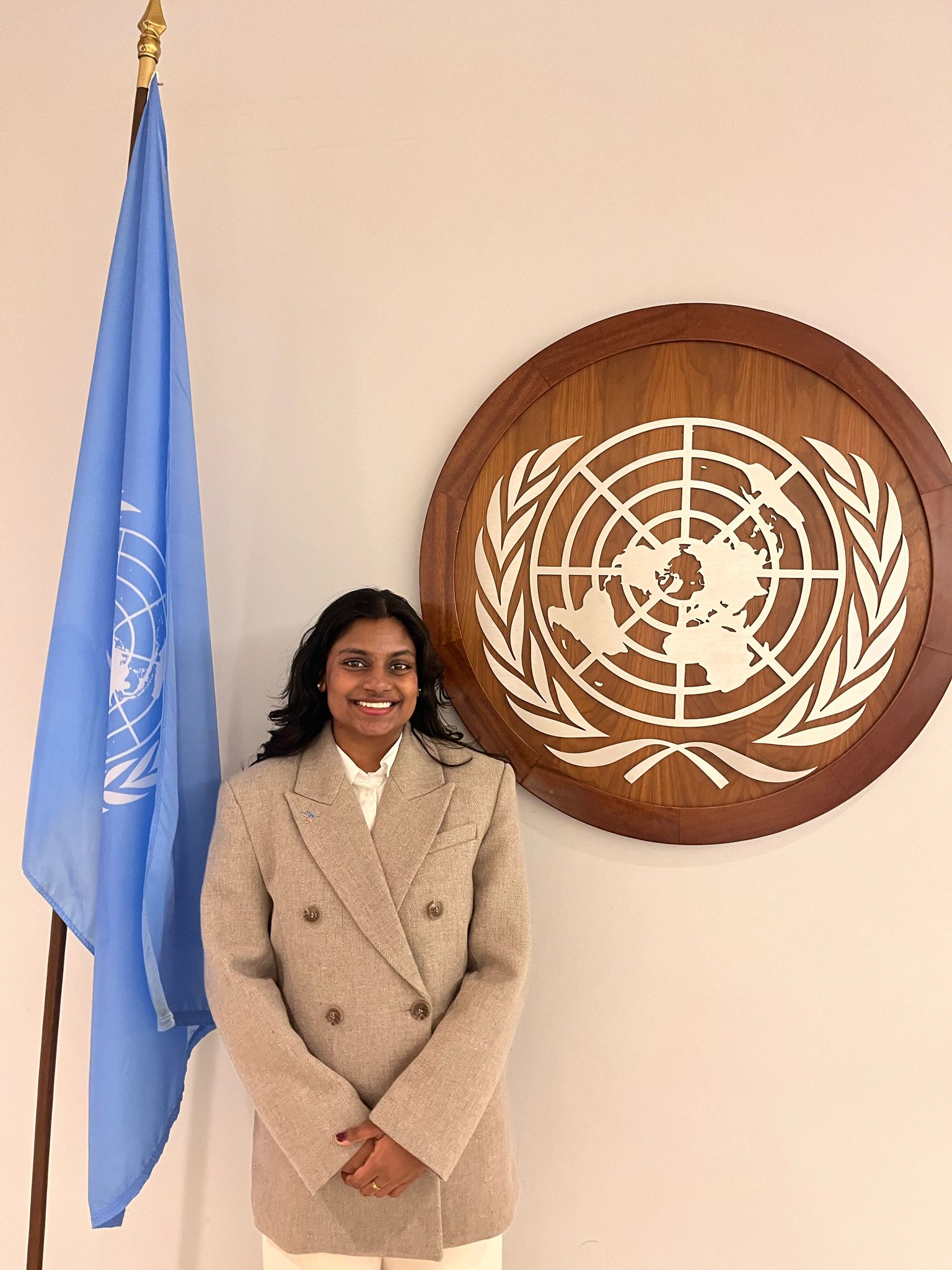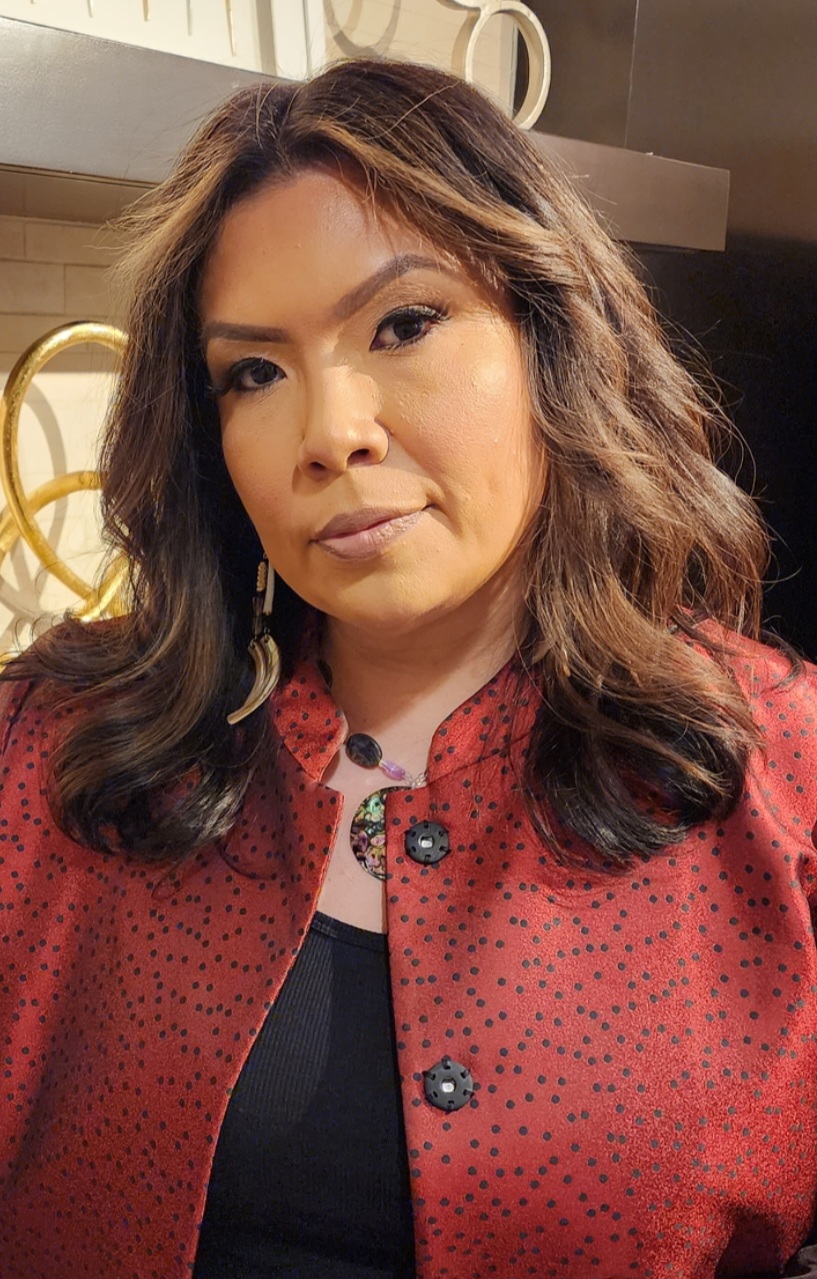13/10/2025
13:00 - 14:00
IUCN - The Americas - Room 1
, Sur site
Session avec interprétation
Pourquoi participer
Our conservation crises cannot be separated from our governance crises. This session creates the space to discuss how to effectively counter ruling systems of law and governance, rooted in colonial legacies of predation and exploitation of humans and Nature, sexism, and racism, that brought us to our crises today.
Description de la séance
This session will bring together leaders from across fields who work to confront and counter harmful systems of law and governance, rooted in colonial legacies, which have brought us to our conservation crises. Together, with direct audience engagement, we will explore the role of IUCN in decolonizing global conservation. This requires us not only to look at the socio-economic systems that harm humans and Nature, but also the “solutions” in conservation that advance those same systems of harm, causing harm to humans and Nature. IUCN was created in 1948 in response to the horrors of WWII as a path to peace through conservation, and in 2020 we became the first International Organization to reject the Doctrine of Conquest. Are we honouring this unique and powerful – and evolving – mission and purpose? Or are we continuing to use broken principles from broken systems that are breaking both humans and Nature?Organised by
Mexico, Central America and the Caribbean Region
Partenaires
CENTER FOR ENVIRONMENTAL ETHICS AND LAW ( United States of America )
Kua`aina Ulu `Auamo ( United States of America )
Center for Environmental Legal Studies ( United States of America )
The WILD Foundation ( United States of America )
Ukrainian Nature Conservation Group ( Ukraine )
California Indian Land Institute
United Urban Network
International Network for Epidemiology in Policy
Indianapolis Zoological Society
World Future Council - Earth Trusteeship Initiative
Speaker
Associate Director of International Affairs and Graduate Admissions; Adjunct Pro, Elisabeth Haub School of Law at Pace University





